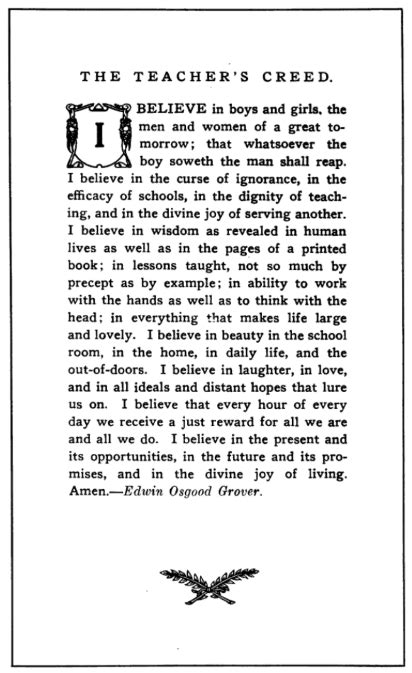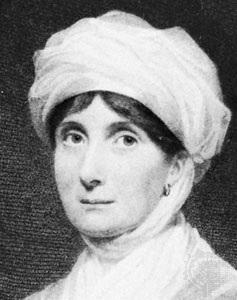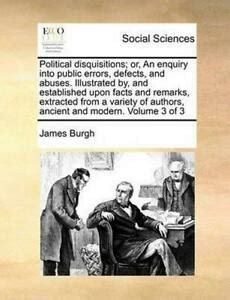A Quote by William Wordsworth
Who is the happy Warrior? Who is he
That every man in arms should wish to be?
It is the generous spirit, who, when brought
Among the tasks of real life, hath wrought
Upon the plan that pleased his boyish thought:
Whose high endeavors are an inward light
That makes the path before him always bright:
Who, with a natural instinct to discern
What knowledge can perform, is diligent to learn;
And in himself posses his own desire
Quote Topics
Always
Among
Arms
Before
Boyish
Bright
Brought
Desire
Diligent
Discern
Endeavors
Every
Every Man
Generous
Generous Spirit
Happy
Hath
High
Him
Himself
His
Instinct
Inward
Knowledge
Learn
Life
Light
Makes
Man
Natural
Natural Instinct
Own
Path
Perform
Plan
Pleased
Real
Real Life
Should
Spirit
Tasks
Thought
Warrior
Whose
Wish
Wrought
Related Quotes
Breathes there the man, with soul so dead, Who never to himself hath said, This is my own, my native land! Whose heart hath ne'er within him burn'd, As home his footsteps he hath turn'd From wandering on a foreign strand! If such there breathe, go mark him well; For him no Minstrel raptures swell; High though his titles, proud his name, Boundless his wealth as wish can claim; Despite those titles, power, and pelf, The wretch, concentred all in self, Living, shall forfeit fair renown, And, doubly dying, shall go down To the vile dust, from whence he sprung, Unwept, unhonor'd, and unsung.
Santa Claus is anyone who loves another and seeks to make them happy; who gives himself by thought or word or deed in every gift that he bestows; who shares his joys with those who are sad; whose hand is never closed against the needy; whose arm is ever outstretched to aid the week; whose sympathy is quick and genuine in time of trouble; who recognizes a comrade and brother in every man he meets upon life's common road; who lives his life throughout the entire year in the Christmas spirit.
No kingdom can be secured otherwise than by arming the people. The possession of arms is the distinction between a freeman and a slave. He, who has nothing, and who himself belongs to another, must be defended by him, whose property he is, and needs no arms. But he, who thinks he is his own master, and has what he can call his own, ought to have arms to defend himself, and what he possesses; else he lives precariously, and at discretion.
Man's desire for the approval of his fellows is so strong, his dread of their censure so violent, that he himself has brought his enemy (conscience) within his gates; and it keeps watch over him, vigilant always in the interests of its master to crush any half-formed desire to break away from the herd.
It is often to be observed, that as in digging for precious metals in the mines, much earthly rubbish has first to be troublesomely handled and thrown out ; so, in digging in one s soul for the fine gold of genius, much dulness and common-place is first brought to light. Happy would it be, if the man possessed in himself some receptacle for his own rubbish of this sort: but he is like the occupant of a dwelling, whose refuse cannot be clapped into his own cellar, but must be deposited in the street before his own door, for the public functionaries to take care of.
Some souls think that the Holy Spirit is very far away, far, far, up above. Actually he is, we might say, the divine Person who is most closely present to the creature. He accompanies him everywhere. He penetrates him with himself. He calls him, he protects him. He makes of him his living temple. He defends him. He helps him. He guards him from all his enemies. He is closer to him than his own soul. All the good a soul accomplishes, it carries out under his inspiration, in his light, by his grace and his help.
The man who has given himself to his country loves it better; the man who has fought for his friend honors him more; the man who has labored for his community values more highly the interests he has sought to conserve; the man who has wrought and planned and endured for the accomplishment of God's plan in the world sees the greatness of it, the divinity and glory of it, and is himself more perfectly assimilated to it.
Behold the Child among his new-born blisses
A six years' Darling of a pigmy size!
See, where 'mid work of his own hand he lies,
Fretted by sallies of his mother's kisses,
With light upon him from his father's eyes!
See, at his feet, some little plan or chart,
Some fragment from his dream of human life,
Shaped by himself with newly-learned art.
He will be the best Christian who has Christ for his Master, and truly follows Him. Some are disciples of the church, others are disciples of the minister, and a third sort are disciples of their own thoughts; he is the wise man who sits at Jesus' feet and learns of Him, with the resolve to follow His teaching and imitate His example. He who tries to learn of Jesus Himself, taking the very words from the Lord's own lips, binding himself to believe whatsoever the Lord hath taught and to do whatsoever He hath commanded-he I say, is the stable Christian.
The spirit of a warrior is not geared to indulging and complaining, nor is it geared to winning or losing. The spirit of a warrior is geared only to struggle, and every struggle is a warrior's last battle on earth. Thus the outcome matters very little to him. In his last battle on earth a warrior lets his spirit flow free and clear. And as he wages his battle, knowing that his intent is impeccable, a warrior laughs and laughs.





































